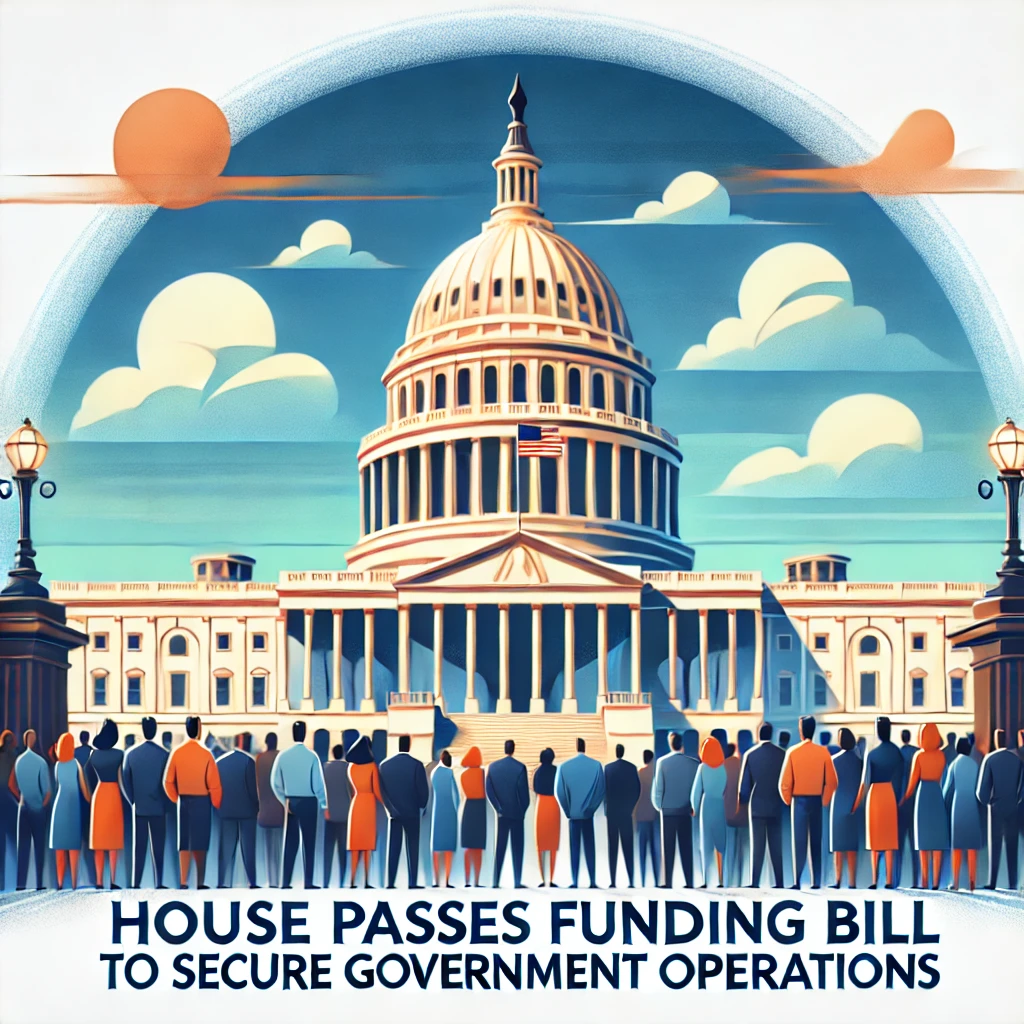In a decisive move, the United States House of Representatives has passed a short-term funding bill, effectively steering clear of a potential government shutdown. With a vote count of 341 to 82, the bill ensures that government operations will continue smoothly until December 20th.
This bill, a product of bipartisan cooperation, now advances to the Senate where it is anticipated to pass later this evening. This quick action reflects the urgency with which lawmakers are addressing funding matters as they aim to maintain government functions without interruption.
The passage of this bill is crucial as it provides the necessary buffer for the government to continue its operations while longer-term funding solutions are debated. It’s evident from the voting patterns that a majority of Democrats, alongside a notable number of Republicans, backed the bill. This unity highlights a shared commitment to governance over partisan divides.
Notably, the bill omitted the election integrity proposal known as the “SAVE Act,” which had been advocated by some Republicans. This exclusion was instrumental in securing Democratic support, as they preferred a “clean” funding bill without additional conditions that could complicate or delay its passage.
US Murders Down 11.6% in 2023 as Crime Decline Shapes Election Discussions
As the bill moves to the Senate, swift action is expected. The Senate has already laid the groundwork for a timely vote, reflecting the importance of addressing funding needs expediently. This legislative action is timely, as funding is set to expire at the end of the month, underlining the urgency of passing the bill now.
The cooperative spirit in the House might be a hopeful indicator of how critical governmental decisions can transcend party lines, focusing instead on the broader needs of the nation. As the Senate takes up the bill, all eyes will be on their response, hoping for a continuation of this collaborative approach to governance.

